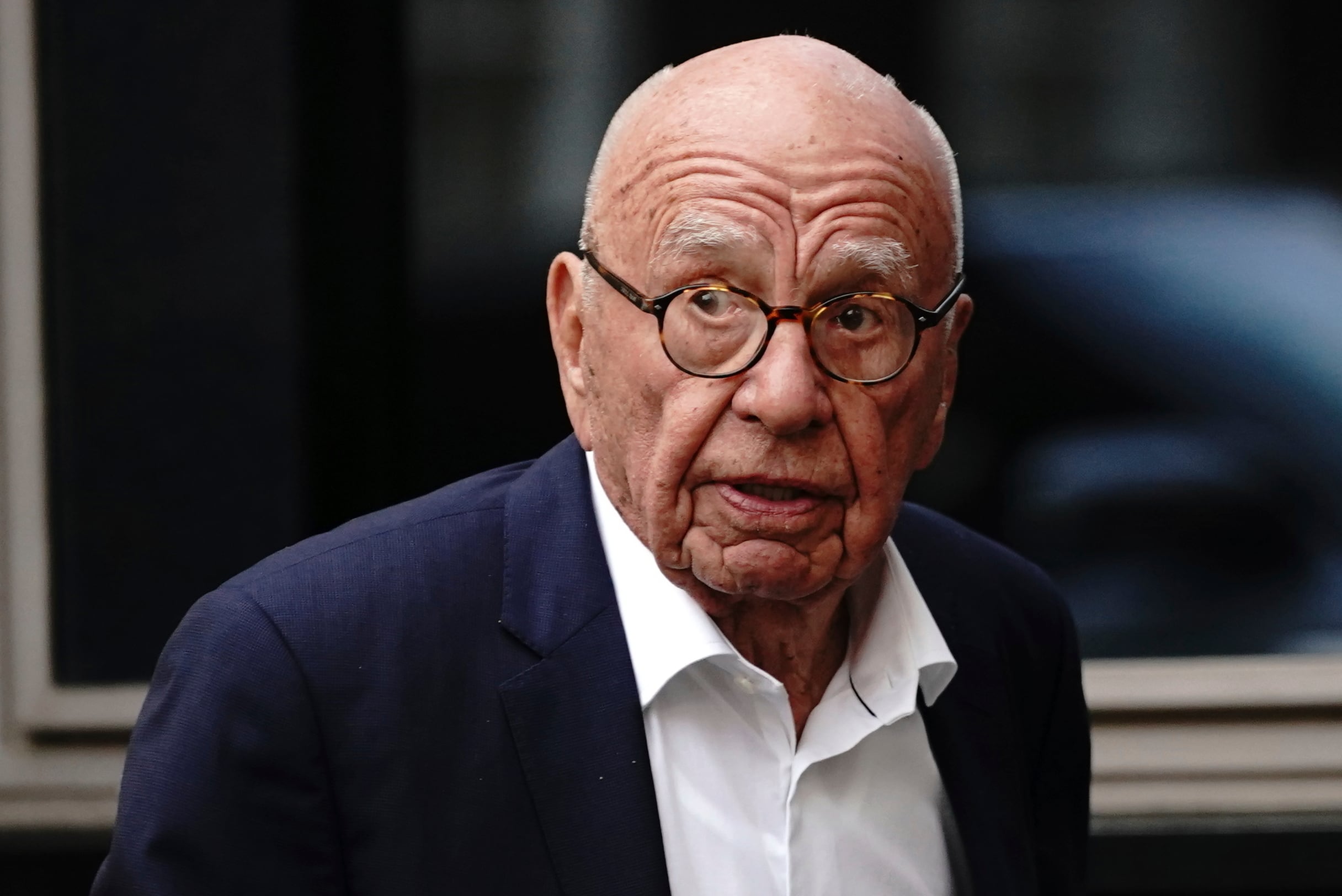In the wake of soaring IPOs for DoorDash and Airbnb last week, Wish parent company ContextLogic turned in a more modest public debut on Wednesday.
The mobile e-commerce platform saw its shares fall 5 percent at the open and ended the day at $20 per share, down 16 percent from the $24 starting price.
CEO and founder Peter Szulczewski is taking the news in stride, however.
"If I just watched the stock price all day, I think I would drive myself crazy," Szulczewski told Cheddar. "In all seriousness, we expect a certain degree of volatility in the first few days, if not weeks of trading, but we're very much focused on the long-term vision of utilizing the capital that we just raised and unlocking commerce for consumers that we feel have been largely underserved."
Founded in 2010, the company specializes in connecting buyers with sellers of low-cost, mass-produced goods, such as clothes, electronics, and kitchenware.
Notably, Wish does not hold inventory and works with a number of international sellers, which can mean longer shipping times than other e-commerce platforms.
This is partly built into the business. Szulczewski said the company offers more of a "discovery-oriented shopping experience," in which 70 percent of customers who use the app on a daily basis and end up buying something never initiate a search query.
"It's not necessarily products that the customer needs immediately," he said. "Therefore we kind of get away with longer shipping times."
The company also targets "value-conscious" buyers, he added, who may be more concerned with a compelling price point than getting a package delivered quickly.
Wish has faced some criticism for its quality control. In response, Szulczewski said the company leveraged its user base to submit 85 million reviews and ratings in the first nine months of the year. In addition, he said the company is steadily taking control of the logistics network. In 2016, it controlled none of its shipments. Now it controls 90 percent, which helps with keeping an eye on quality.
"I think we're still in very much our growth phase," Szulczewski said. "One of the reasons to go IPO is we think we have a robust business model, especially after solving some of the logistics challenges as a necessity of going through this year, which was interesting to say the least."












